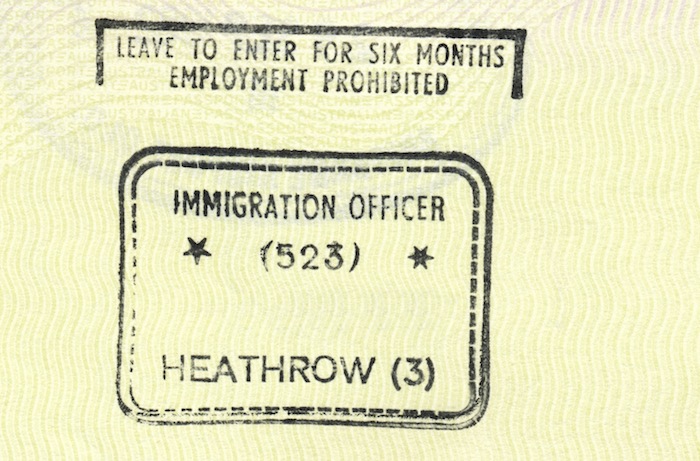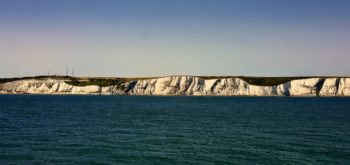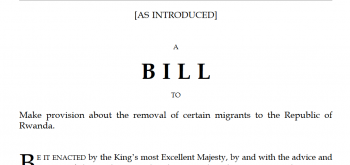Since her appointment as Home Secretary in 2019, Priti Patel has been staunch on clamping down on the number of people crossing the Channel in small boats and asserted that she will make the route ‘unviable’.
In the midst of the vitriol and misinformation, the Home Secretary’s statements omit a key piece of information: asylum seekers are forced to brave the Channel to legally claim asylum in the UK because of the lack of safe and legal routes to claim asylum in the UK. Article 31 of the Refugee Convention 1951 – the Convention that the UK played an important part in drafting – prohibits the penalisation of asylum claimants for ‘their unlawful entry or presence’. This protection was incorporated into UK law with section 31 of the Immigration and Asylum Act 1999.
However, Patel’s push to make the Channel route into the UK ‘unviable’ and the protections of the Refugee Convention has led to the controversial Nationality and Borders Bill. The Bill seeks to penalise those who arrive by irregular means in the UK to claim asylum – it has been characterised by leading barristers as ‘the biggest legal assault on international refugee law ever seen in the UK’ and attracted similar criticism by the United Nations Refugee Agency (as recently reported on the Justice Gap here).
Yesterday, an urgent question in the House of Commons on Channel crossings in small boats was called by Labour. Labour’s Andrew Gwynne MP, posed the question of why asylum claims have been so slow recently – in 2014, 87% of decisions were made within six months compared with only 20% of decisions made currently within six months. Patel promised that the Bill will speed up processes with no information or evidence to back up her claim.
Despite being confronted with statistics from research conducted from the Refugee Council that two thirds of people arriving in the UK via small boats are deemed to be genuine refugees, Patel, without any supporting evidence, inaccurately asserted that ‘70% of people crossing are single men and they are economic migrants.’
Stuart McDonald MP for the SNP said it was time for the government to ‘swap sensationalist rhetoric and barbaric bills for evidence-based policy’.
When asked resettlement, an extremely limited route into the UK, the government had no answer on the timescales of when their Afghan citizen resettlement scheme will be operational, despite its announcement in August.
Patel’s failings and her sensationalist rhetoric are undoubtedly concerning. However, Labour criticising the government of ‘comprehensively failing’ to curb the number of people crossing the Channel is unproductive and will legitimise Patel’s unlawful rhetoric that the Channel route ought to be ‘unviable’.
The Channel route exists out of necessity. If the government were genuinely concerned about the safety of the people crossing and wanting to clamp down on traffickers, the only reasonably solution would be to offer more safe and legal routes so they did not have to resort to risking their lives to reach safer shores on small boats.







